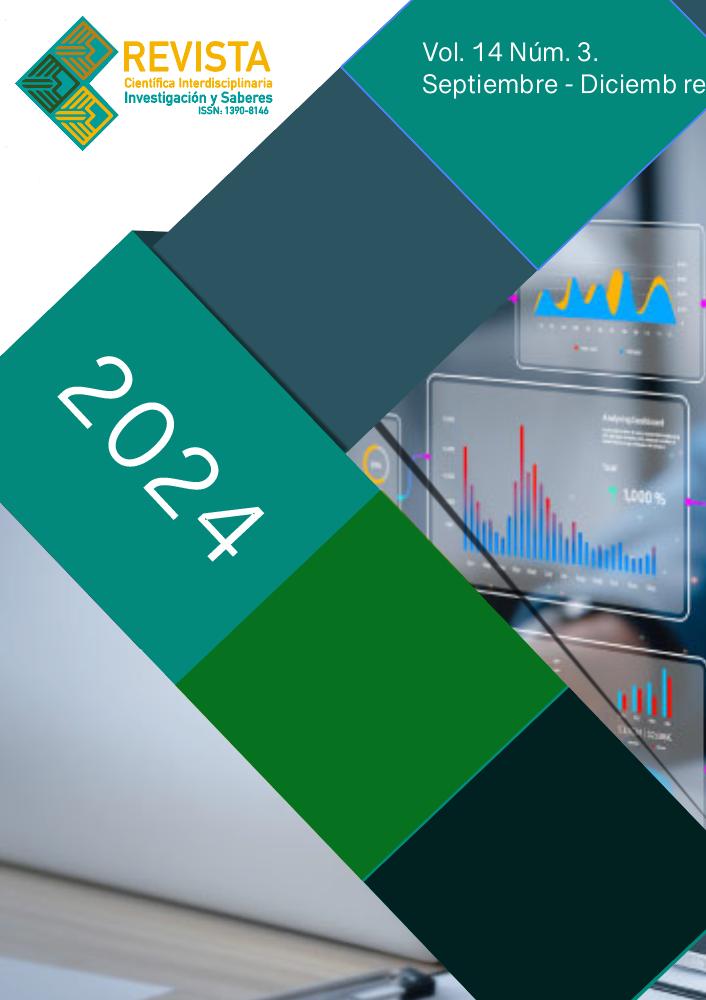Reconciling rights: Prenatal adoption and legislation in Ecuador
Contenido principal del artículo
Resumen
This article aims to critically analyse the prohibition of prenatal adoption in Ecuador, identifying legal barriers and proposing possible legislative reforms that would allow its implementation under specific conditions. It analyses the effectiveness of the current Childhood and Adolescence Code and identifies regulatory gaps that generate legal uncertainty. The methodology used was a literature review, based on the analysis of recent scientific articles, comparative legislation and normative documents in force. The development of this work contemplates the ethical and legal dilemmas, the need to guarantee the informed consent of the pregnant mothers and the protection of the rights of the foetus. Comparison with international models shows the importance of implementing post-adoption support programmes and international cooperation to improve the transparency and effectiveness of the process. Finally, legislative reforms are proposed to create a specific framework for prenatal adoption, simplify administrative procedures, and professionalise adoption personnel.
Detalles del artículo
Sección
La revista brinda acceso abierto inmediato a todo su contenido sobre el principio de que hacer que la investigación esté disponible de forma gratuita para el público para apoyar un mayor intercambio global del conocimiento.
De esta manera, el lector/a puede acceder a todos los contenidos de la revista desde el momento de la publicación sin coste ni obligación de suscripción.
La revista ienen licencia bajo el acuerdo de licencia internacional Attribution-NonCommercial-ShareAlike 4.0 International (CC BY-NC-SA 4.0). Los/as autores/as retienen los derechos de autor y se permite a terceros copiar, distribuir y hacer uso de los trabajos siempre que cumplan con los términos y condiciones establecidos por dicha licencia
- citar la autoría y la fuente original de su publicación (revista, editorial y URL de la obra).
- No se usen para fines comerciales.
- Si remezcla, transforma o crea a partir del material, deberá difundir sus contribuciones bajo la misma licencia que el original.
Puede encontrar más información al respecto en https://creativecommons.org/licenses/by-nc-sa/4.0/deed.es.
La Revista declina cualquier responsabilidad sobre posibles conflictos derivados de la autoría de los trabajos que se publican.

